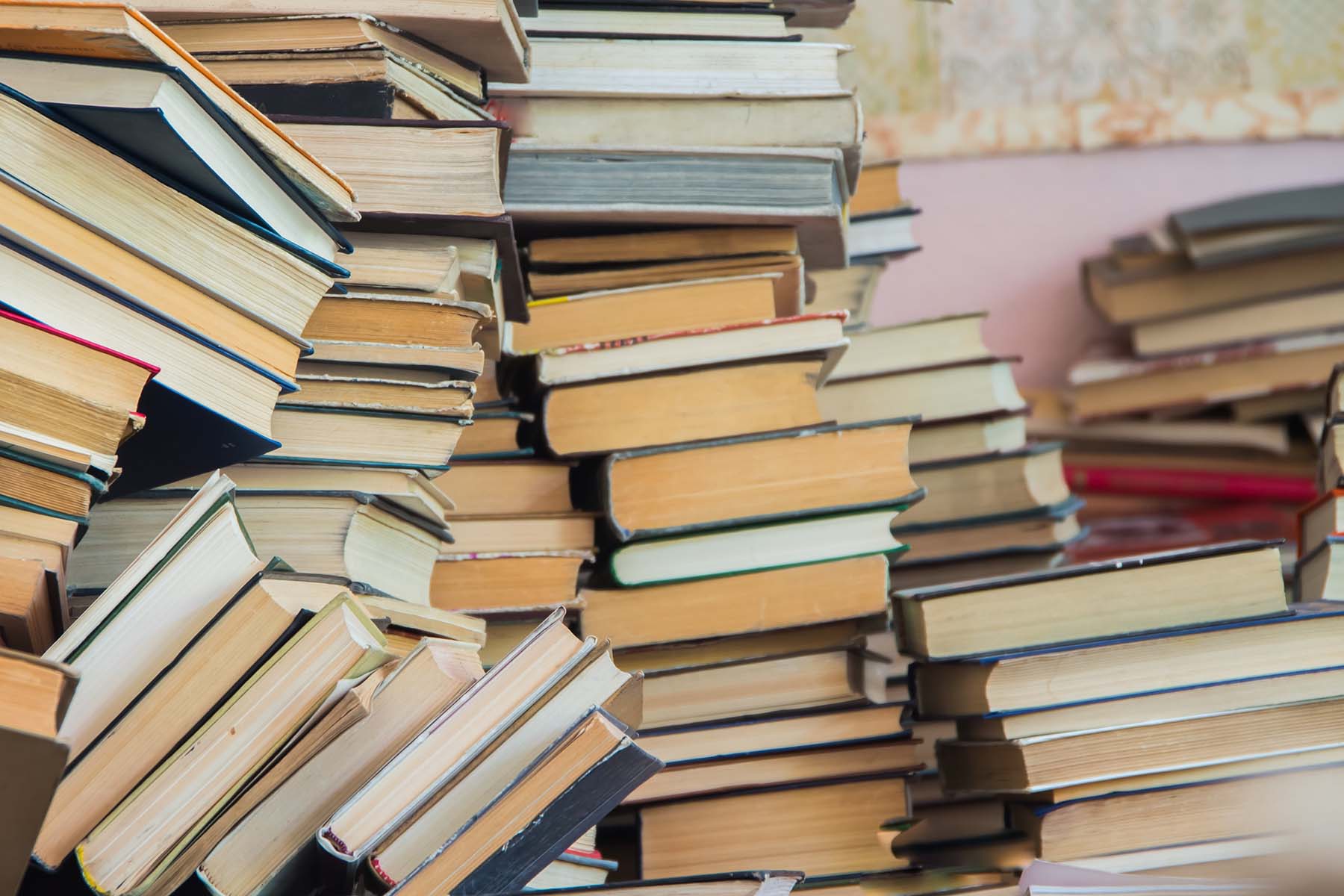Yes, It’s Okay to Throw Away a Book | The Walrus

🌈 Abstract
The article discusses the author's personal experience with accumulating unread books, as well as the broader cultural attitudes and behaviors around book ownership and consumption. It explores the complex relationship people have with books, including using them as decorative objects, status symbols, and romantic gestures, rather than primarily as objects to be read. The article also examines the challenges of getting rid of unwanted books and the mixed feelings people have about discarding them.
🙋 Q&A
[01] The author's personal experience with accumulating books
1. What are the reasons the author gives for accumulating so many unread books?
- The author receives many books for professional reasons as someone who reads and reviews books
- The author also admits it is a personal vice, as buying books is a "reliable pick-me-up" and feels "wholesome, even virtuous"
- The author's interest is often usurped by other reading priorities, such as library books, upcoming releases, or TV shows
2. How does the author feel about the unread books piling up?
- The author feels a sense of "shameful stack" and "lingering aspirations" about the unread books
- The author acknowledges this is likely a common problem, citing data that most readers finish fewer than one book per month
[02] The use of books as decorative objects and social signifiers
1. How has the pandemic made the use of bookshelves as backdrops more conspicuous?
- The rise of video calls and interviews during the pandemic has led to more public displays of people's private bookshelves
- A Twitter account called "Bookcase Credibility" began documenting and scrutinizing the bookshelves visible behind public figures
2. What are some examples given of how books are used as decorative objects and social signifiers?
- The article cites the example of an actress who asked her husband to buy 400 books to stage their home for a magazine photoshoot
- It also mentions the idea that "the thirstiest thing a man can do is read" and that simply displaying certain books can be seen as an erotic gesture
[03] The author's perspective on treating books as consumer goods
1. How does the author view the common attitudes towards books compared to other consumer goods?
- The author notes that we have a "hard time seeing books as mass-produced consumer items" and that the "excess we permit - even exalt - for books is unheard of for other categories of possessions"
- The author wonders if this "sanctimonious attitude" deprives books of their true value
2. What does the author suggest about how we should treat and consume books?
- The author argues we should aspire to "wear our books out too", rather than letting them languish unread on shelves
- The author questions why we don't let go of books we know we'll never read, similar to how we consume other products
[04] The challenges of getting rid of unwanted books
1. What are some of the difficulties the author describes in trying to get rid of books?
- Public libraries and used bookstores are often reluctant to accept donations, especially of older books
- Thrift stores and donation centers can quickly become overwhelmed with unwanted book donations
2. How does the author feel about the emotional attachment to keeping unread books?
- The author acknowledges a personal reluctance to get rid of books that hold sentimental value, even if unread
- The author sees books as an "archive of who I've been" and a representation of unfulfilled aspirations